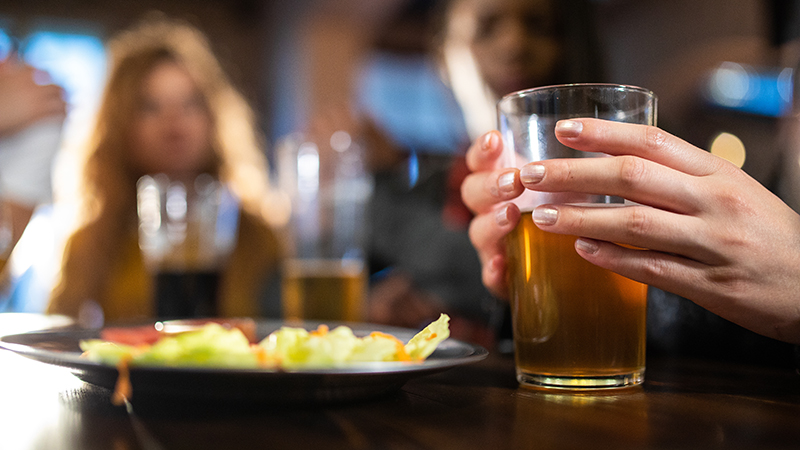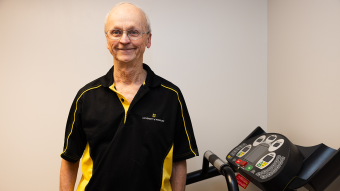Nov. 5, 2020
More than half of young adults at risk for alcohol-related harm report symptoms of insomnia. Cognitive behavioral therapy (CBT) is one of the first-line treatments for insomnia, but it’s never been tested on young adults who are actively drinking.
Researchers from the University of Missouri School of Medicine recently conducted a pilot study to evaluate CBT’s effect on young adult binge drinkers with insomnia to determine if this treatment can improve their sleep and potentially affect alcohol use outcomes.
“The potential for insomnia treatment to influence alcohol-related consequences has significant implications for the prevention and treatment of alcohol use among young adults,” said Mary Beth Miller, assistant professor of clinical psychiatry at the MU School of Medicine. “Given the stigma associated with mental health issues and addiction, it’s crucial to identify other forms of treatment that either influence alcohol outcomes or open the door to alcohol-related treatment.”
The results of the study indicated that insomnia treatment may improve alcohol-related problems and might be an ideal first step toward treatment among binge-drinking young adults with insomnia.
Read more from the School of Medicine




